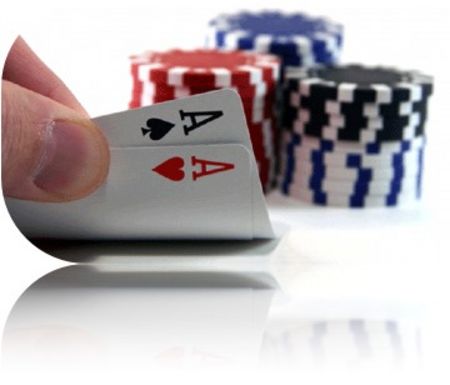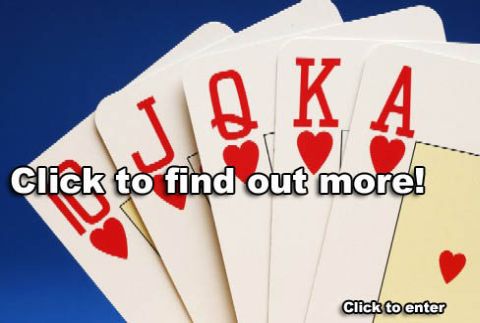Review

Open-ended straight draws are played similarly to flush draws as long as the flop is
a rainbow; however, there are a few differences between flush and straight draws:
-
Straights have eight outs while flushes have nine outs.
- Straights can be beaten by flushes or higher straights.
- Straights can be counterfeited so that you have to split the pot.
- Straights are more concealed than flushes, so it is easier to gain additional bets.
Straight draws decrease in value when the flop is two-suited. You may only have
six outs rather than eight, and there is a decent chance you could lose on the river.
Open-ended draws using only one card in your hand are not nearly as strong as
straight draws using both cards in your hand.
- You could already be beat by a flopped straight.
- If you hit your straight, you will have to split the pot with an opponent holding
the same card as you.
- When you hit your straight, you will not get a lot of action since the board will
be too scary for your opponents.
When you decide to draw using only one card with a three-connected flop, you
almost always want to be drawing to the high end.
The following are some general guidelines for playing gut-shot straight draws when
you don't have other outs such as pairs or overcards and there are no semi-bluffing
opportunities:
-
Generally you are not getting sufficient pot odds to draw unless the pot has
been raised before the flop. The only exception is when there are a lot of
callers on the flop.
- You should almost always fold if there is a risk of someone raising behind
you.
- You should almost always fold when the flop is two-suited, unless the pot is
exceptionally large.
- You should almost always fold if you are using only one card in your hand.
- One exception to these guidelines is when the pot is extremely large.
You can sometimes bet or raise straight draws as a semi-bluff, especially against
one or two opponents and/or you have other elements to your hand such as pairs
or overcards.
NEXT...Overcards

